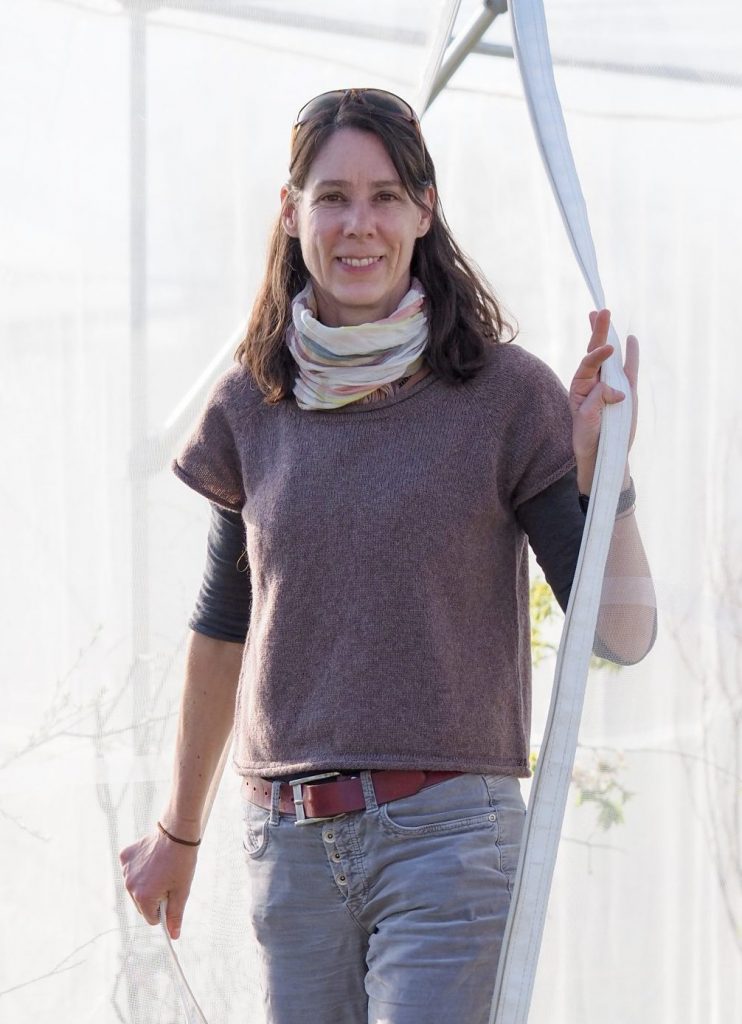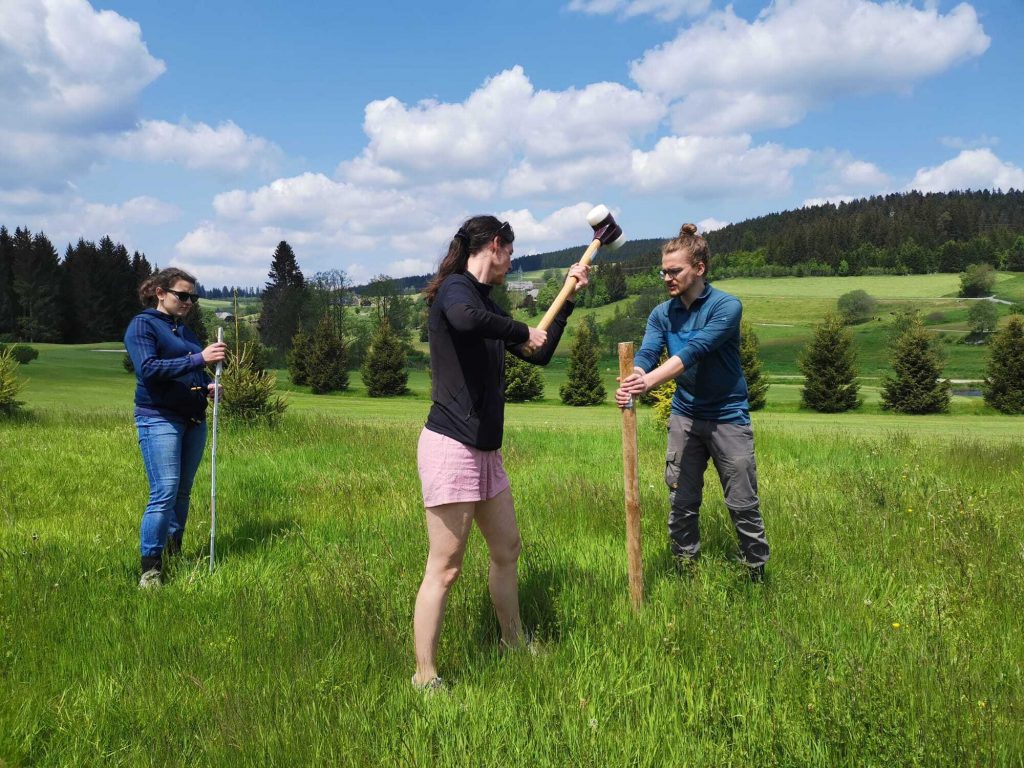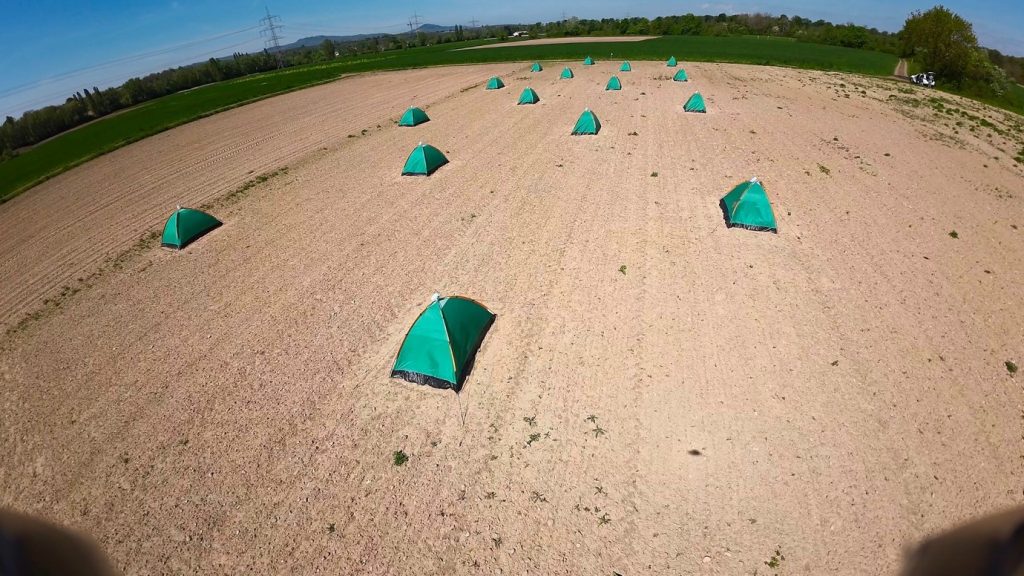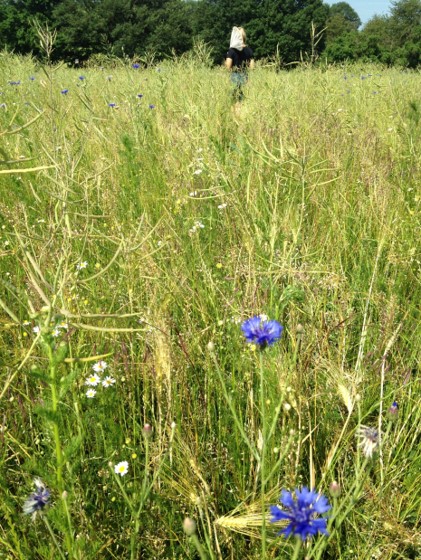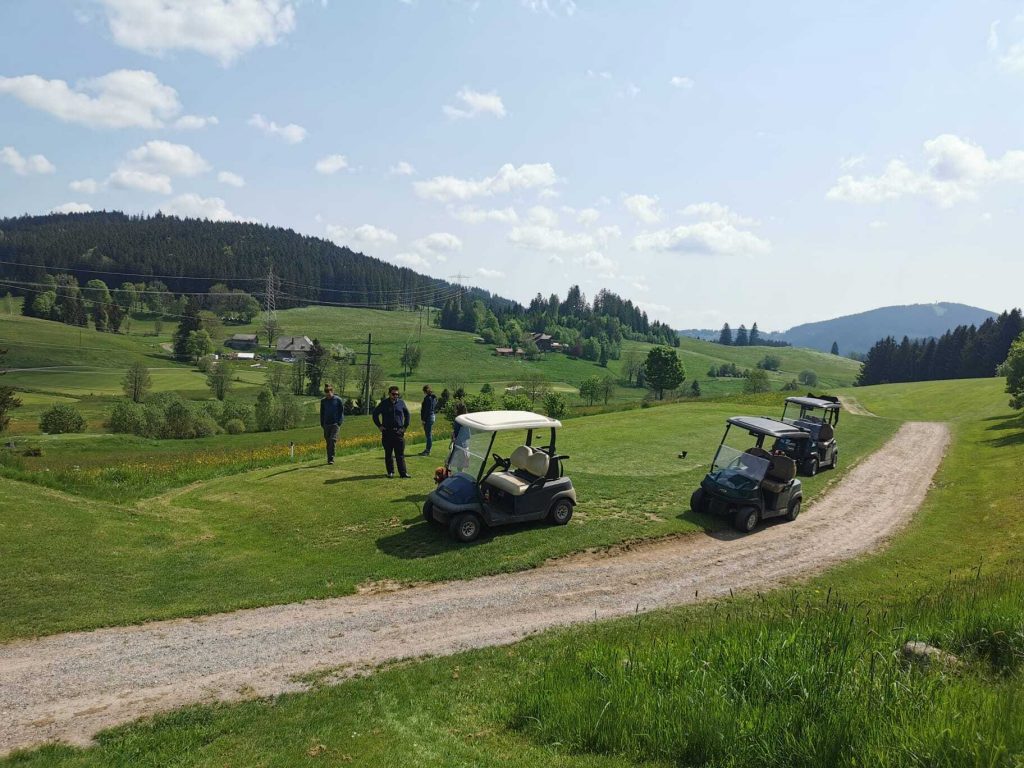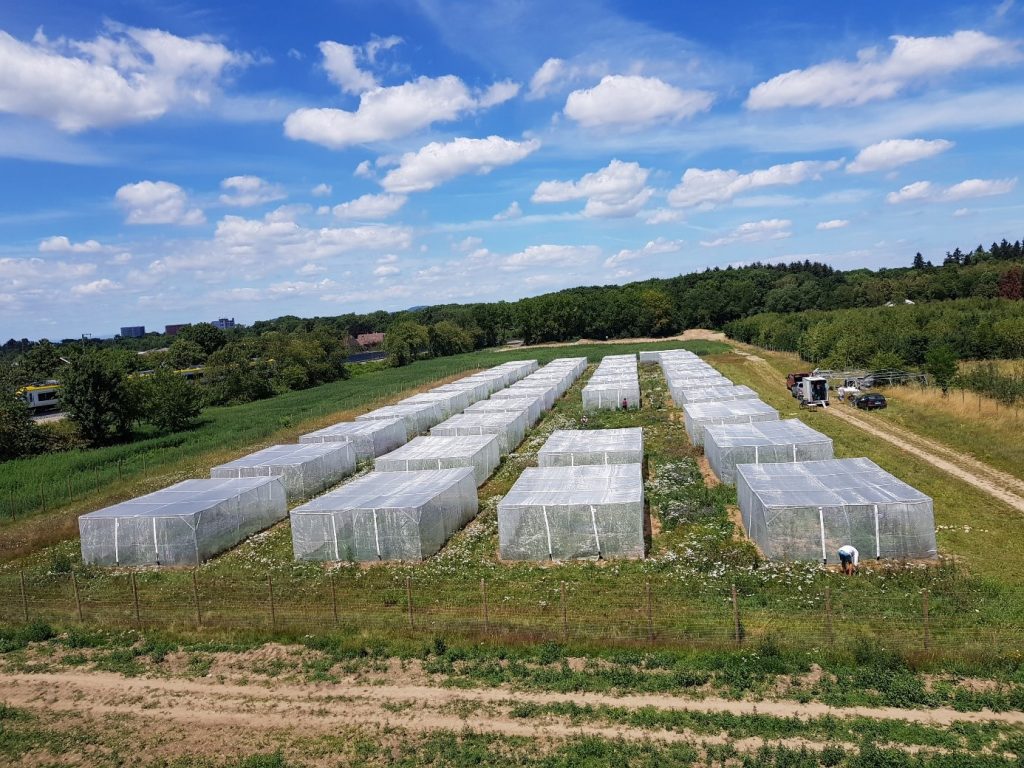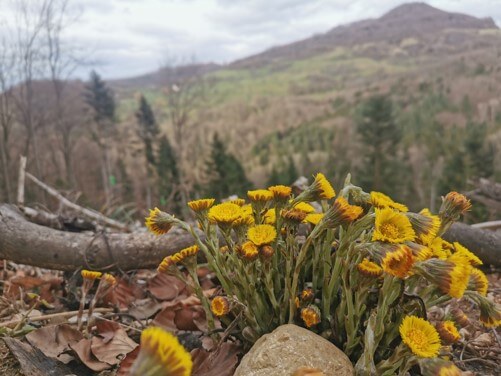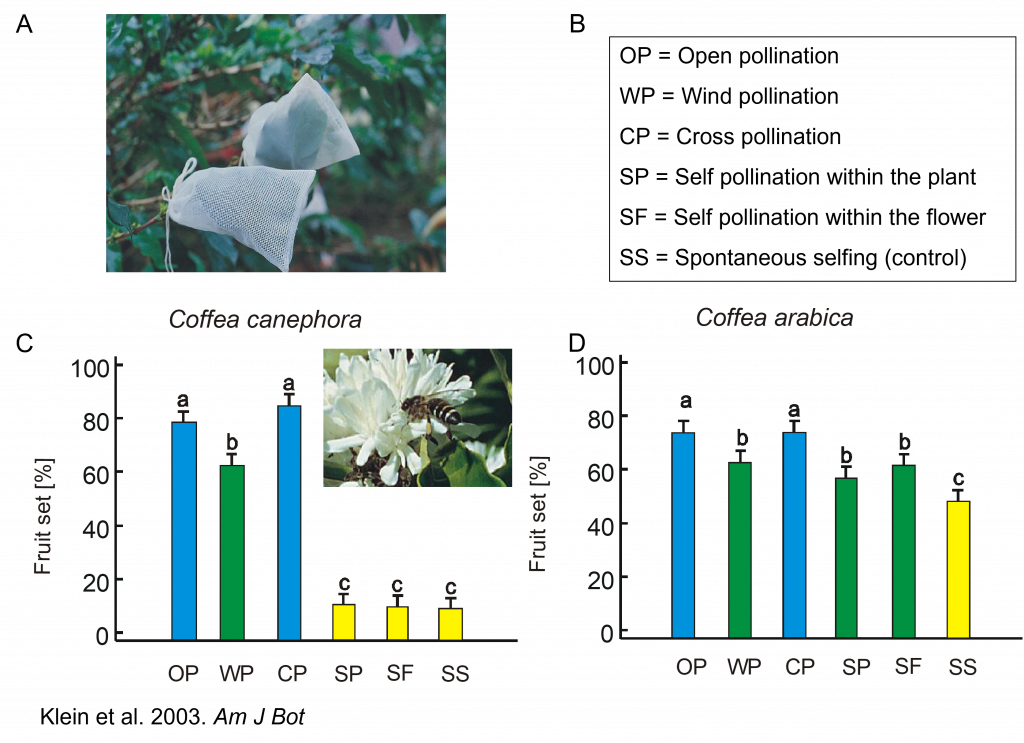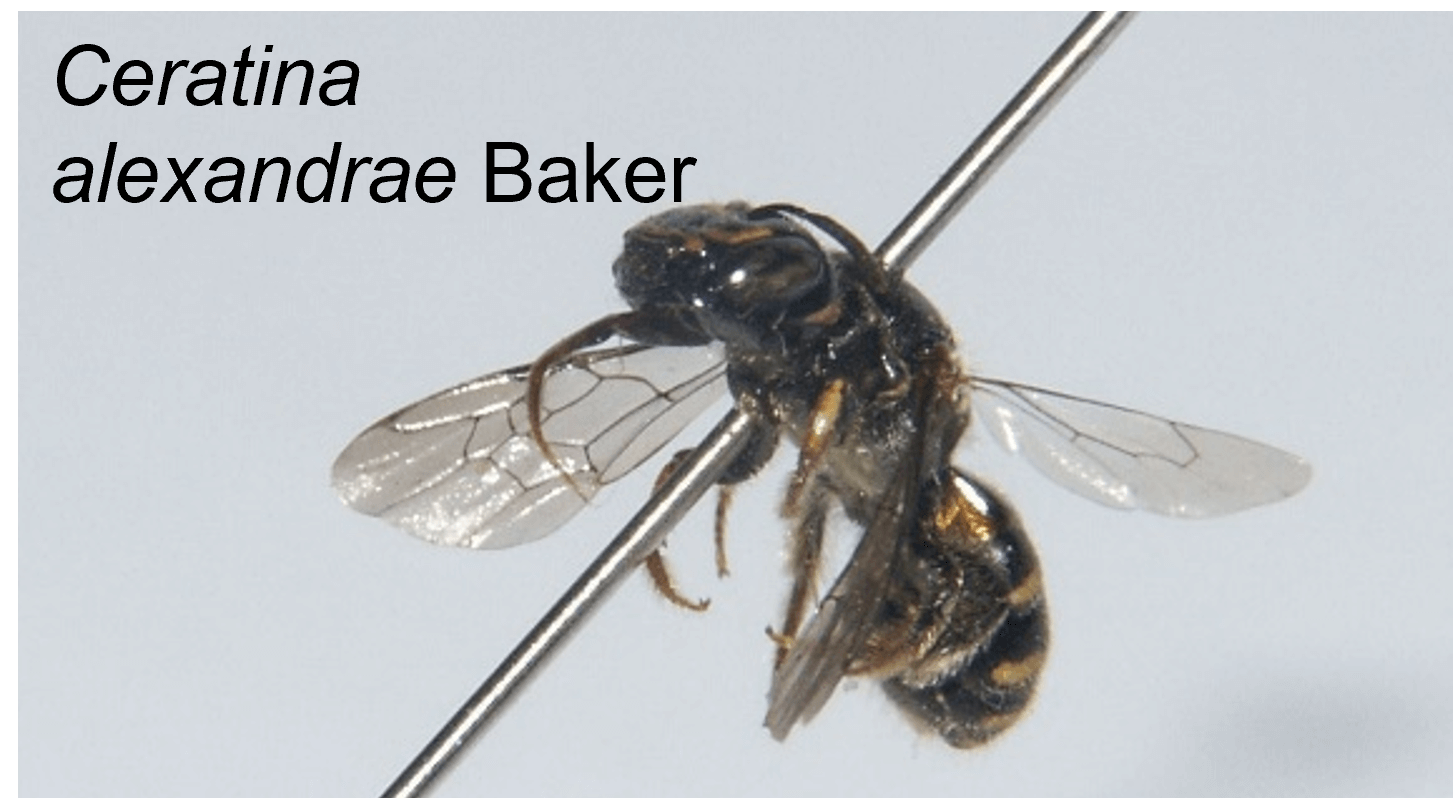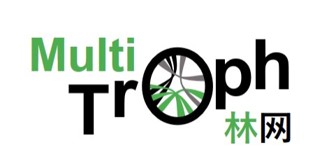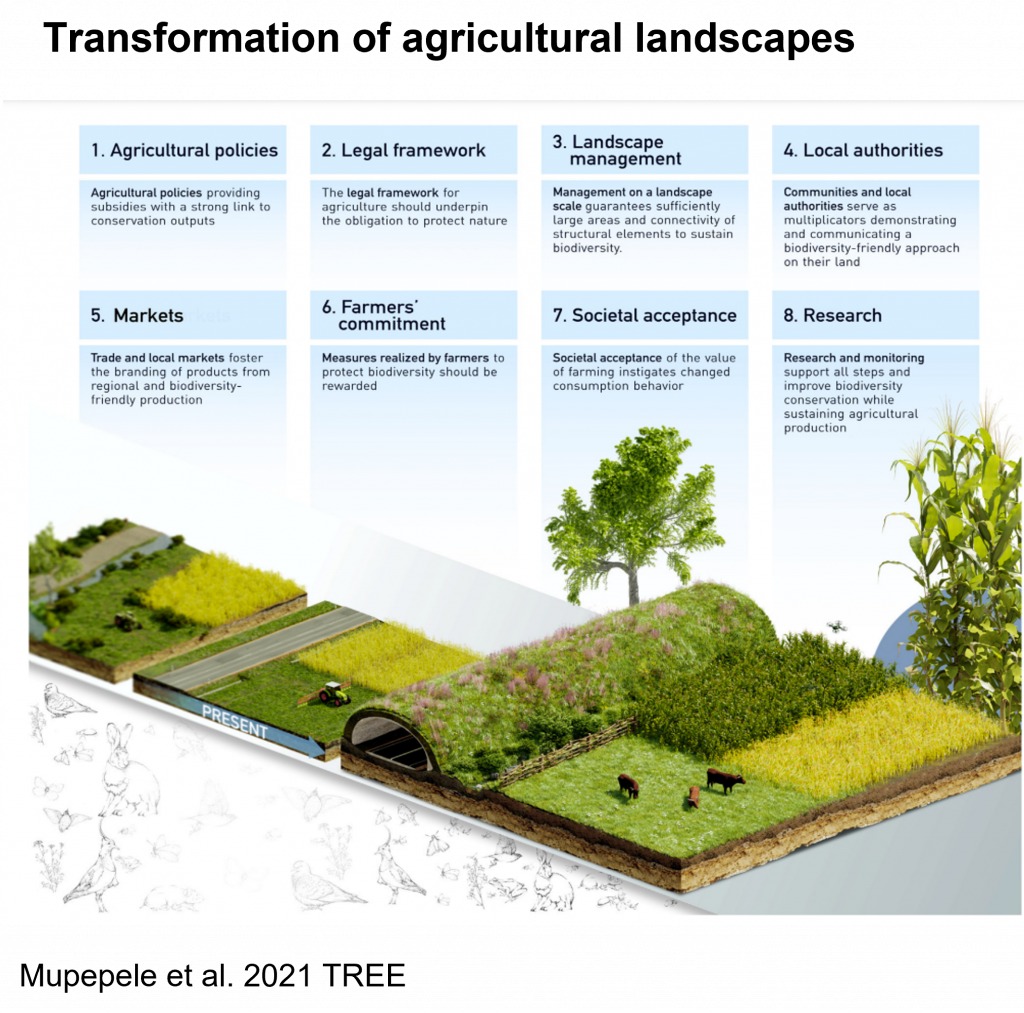I, Alexandra-Maria Klein, am an ecologist with deep connection to nature and long-standing curiosity for understanding ecosystem functions mediated by multi-trophic interactions with a strong background in pollination ecology. I have >20 years of experience in bringing research to policy and society at large. I am head of the Chair of Nature Conservation and Landscape Ecology at the University of Freiburg in Germany.
Research Topics
The research conducted by my team centers around the study of biodiversity and ecosystem functions facilitated by macro-organisms such as bees, wasps, ants, slugs, as well as small mammals and birds. These organisms play significant roles in various ecological relationships, including pollination, herbivory, seed dispersal, seed predation, and natural regulation of insect populations through parasitism. The primary objective is to comprehend how environmental factors and uncertainties, such as pesticide usage, land use and climate change, impact the interplay between biodiversity and ecosystem functions.
Measures to promote biodiversity and protect beneficial insects in agricultural landscapes and forests are explored with a specific emphasis on hedgerows, flowering seed mixtures, diversified cropping systems, various mowing practices, as well as deadwood and habitat trees in forests.
We carry out experiments in controlled environments like laboratories, greenhouses, semi-field setups, and common gardens. Additionally, we investigate microcosms and broader landscapes, both in the vicinity of Freiburg and worldwide. Our methodologies involve characterizing insect, bird, and small mammal communities, studying their population dynamics in landscapes using GIS-based landscape surveys, DNA-meta-barcoding, and chemical analysis of resources utilized by different insects. Morphological and chemical analyses are also employed to identify response traits to environmental changes and effect traits that help us understand the ecosystem services provided by insects for maintaining ecological stability.
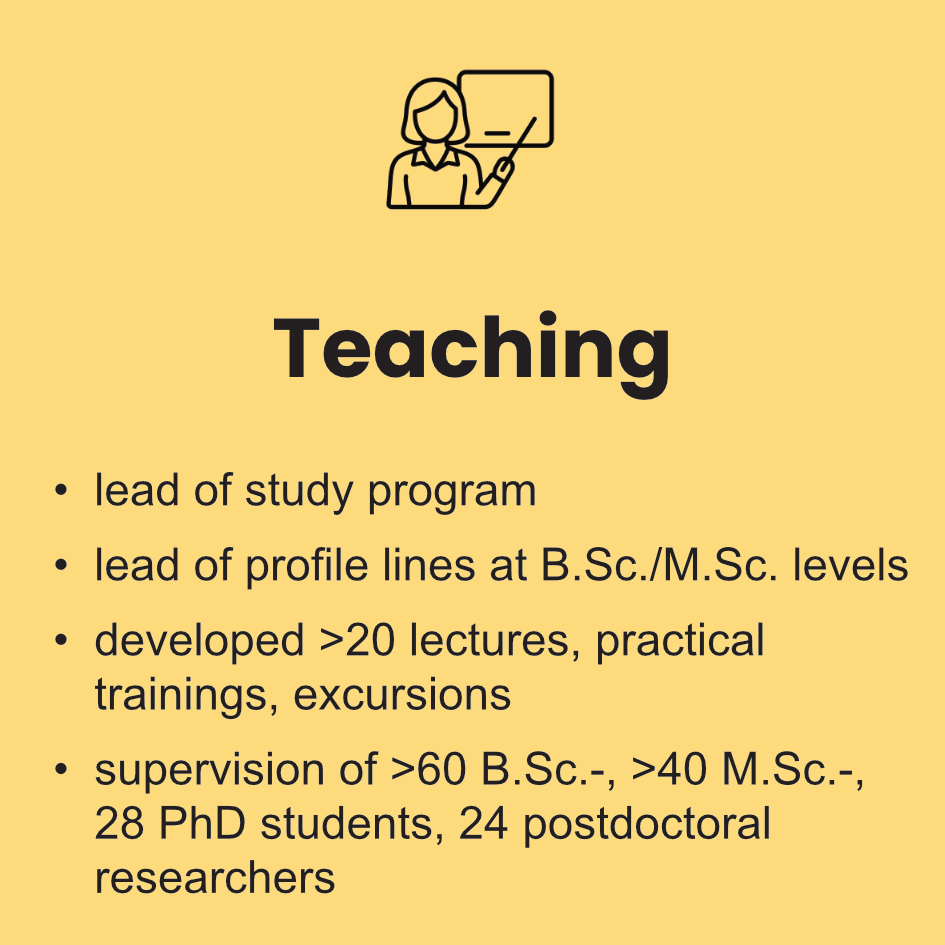
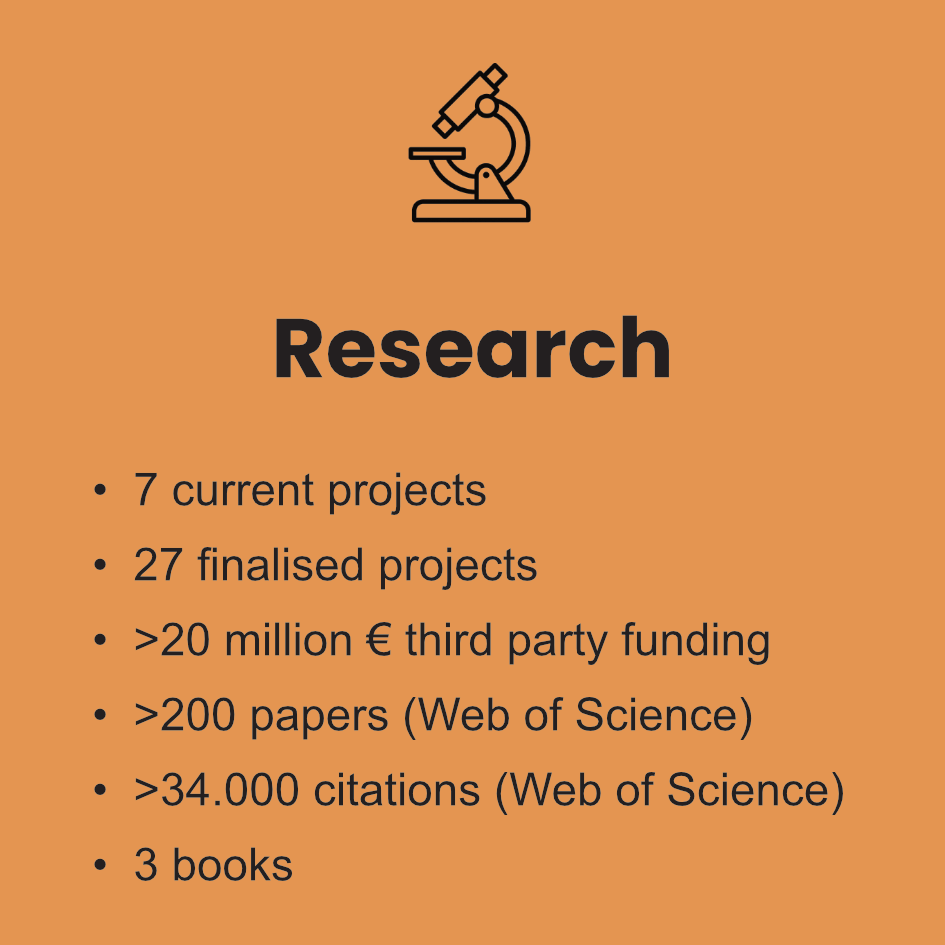
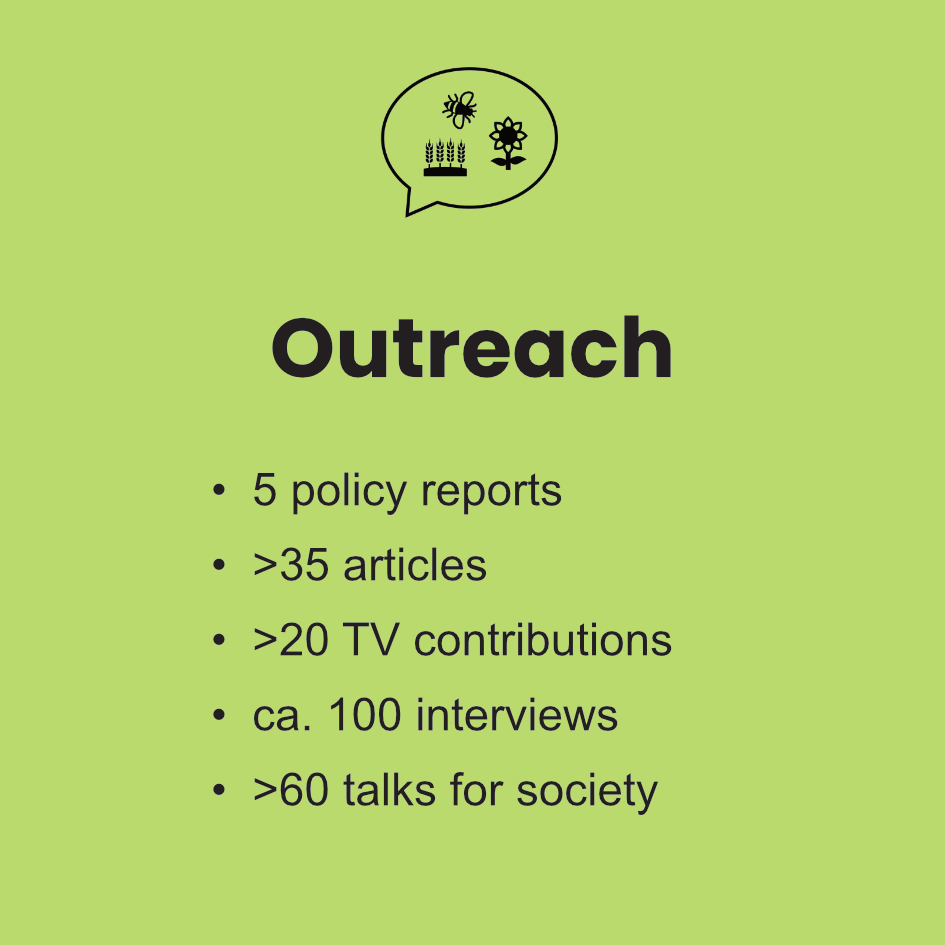
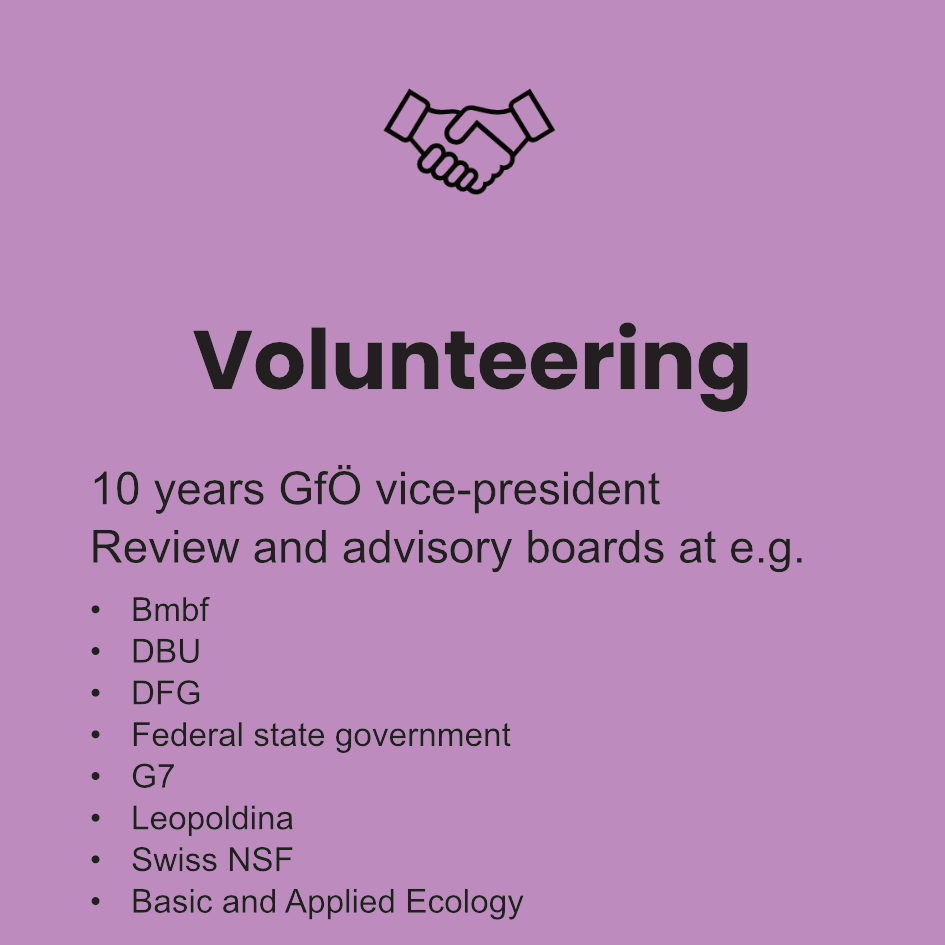
8 Selected Career Highlights
Highlight #1: My highlight as a biology student at the University of Göttingen was the plant determination course with weekly excursions by the late Ursula Hoffmann and afterwards being a student assistant for this course for many years. The early bloomer, orchid and grass determination excursions were particularly pleasurable.
Highlight #2: An internship at the ecological farm Gaia of the late ecological visionary and great mentor José Lutzenberger in Porto Alegre Brazil. Here I learned a lot about subtropical horticulture and did my best to identify all of the cacti fazenda.
Highlight #3: All of my research stays during my Diploma and PhD thesis in Sulawesi, Indonesia with my great mentors and colleagues Teja Tscharnkte, Ingolf Steffan-Dewenter and friends, Stefan Merker, Jochen Krauss and Dorthe Veddeler.
Highlight #4: My first paper on coffee pollination presenting the reproductive system and the role of bee pollinators for highland and lowland coffee initial fruit published in American Journal of Botany.
Highlight #5: Discoveries: (1) new bee from Indonesia with Donald Baker and (2) new wasp evolving in a nest closing of dead ants in China with Michael Staab, Michael Ohl and Chao-Dong Zhu, published in PlosOne, highlighted in Nature
Highlight #6: My first TV experiences with Jürgen Tautz and Gerd Scobel in 2007. At that time I was too nervous to concentrate but Jürgen kindly helped out when I did not know what to answer. This was followed by several nice TV experiences with e.g. Harald Lesch and Dirk Steffens.
Highlight #7: Our DFG Reserach Unit MultiTroph was funded. In this project we study what happens with multi-trophic interactions when tree species get lost.
Highlight #8: Anne Mupepele and Jochen Fründ, both great colleagues, friends and members of my lab received most-exciting offers for professorships at the University of Marburg and the University of Hamburg, respectively.

